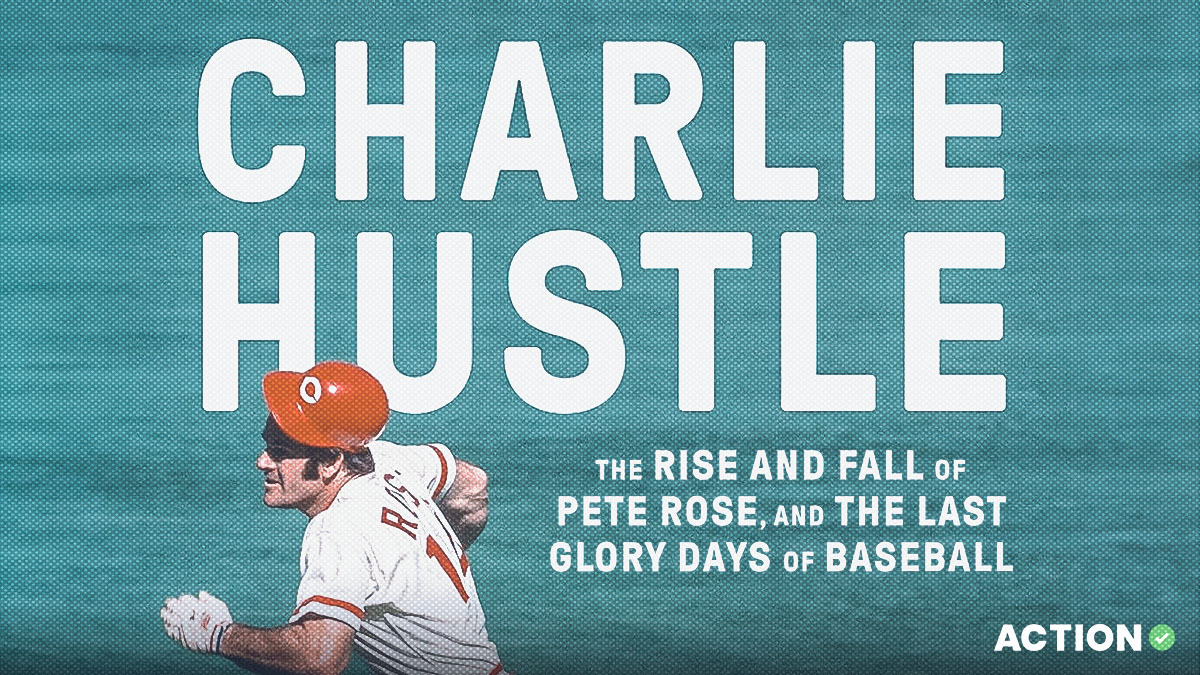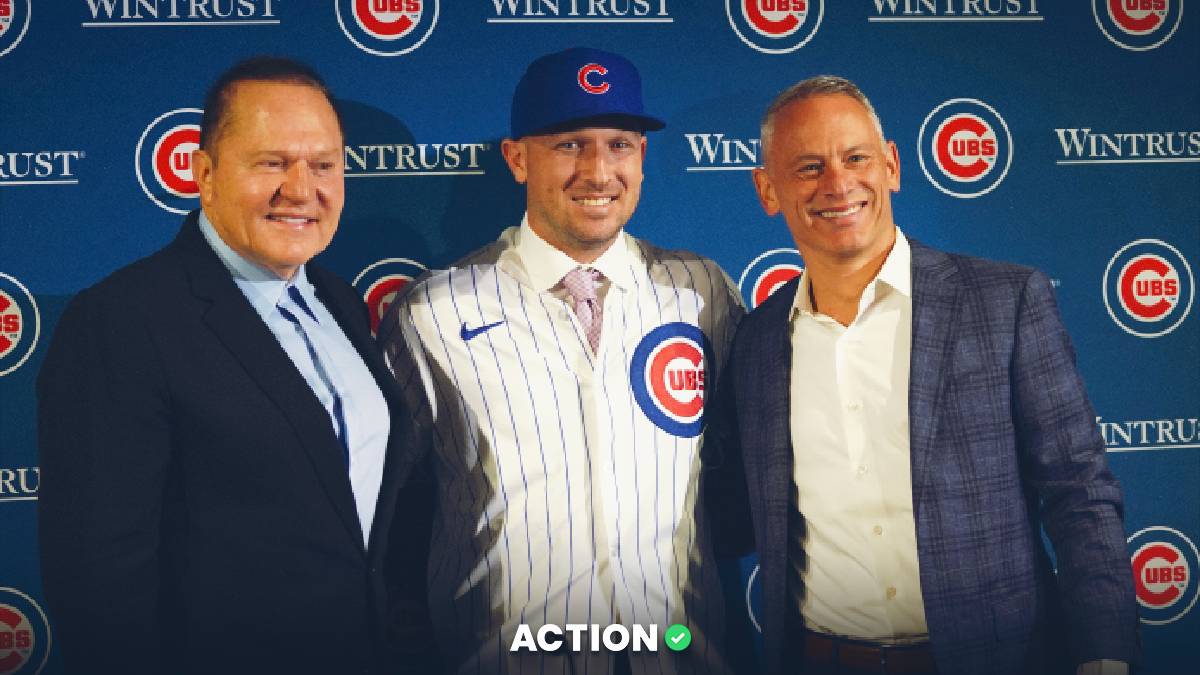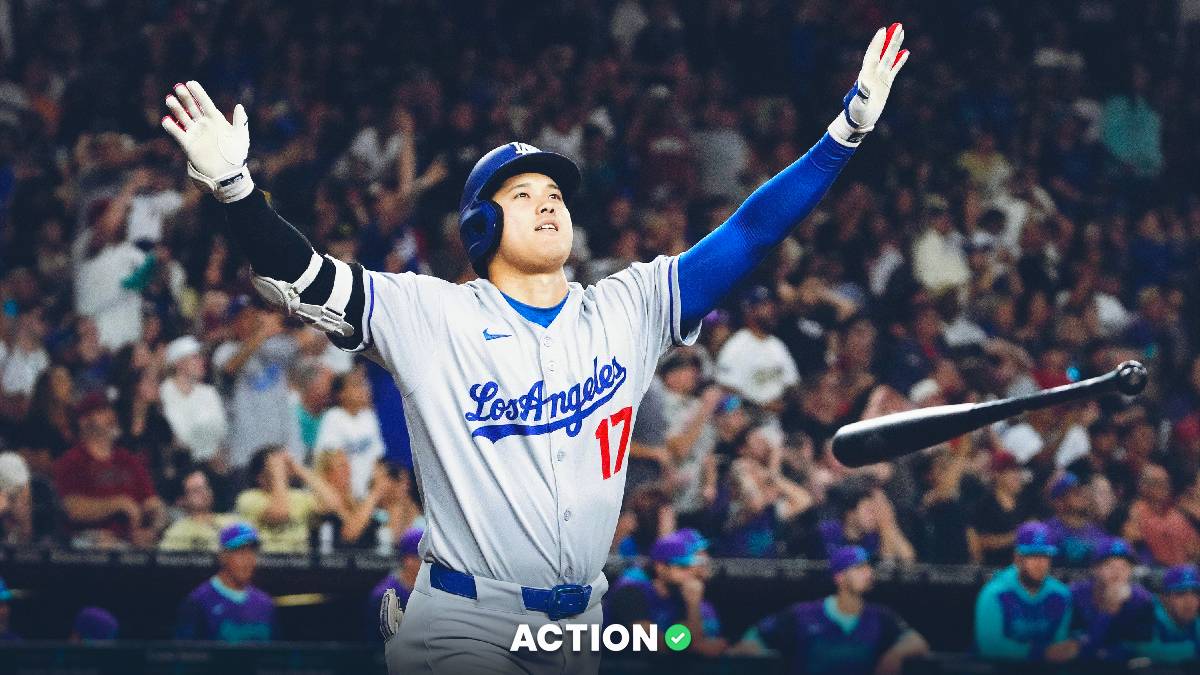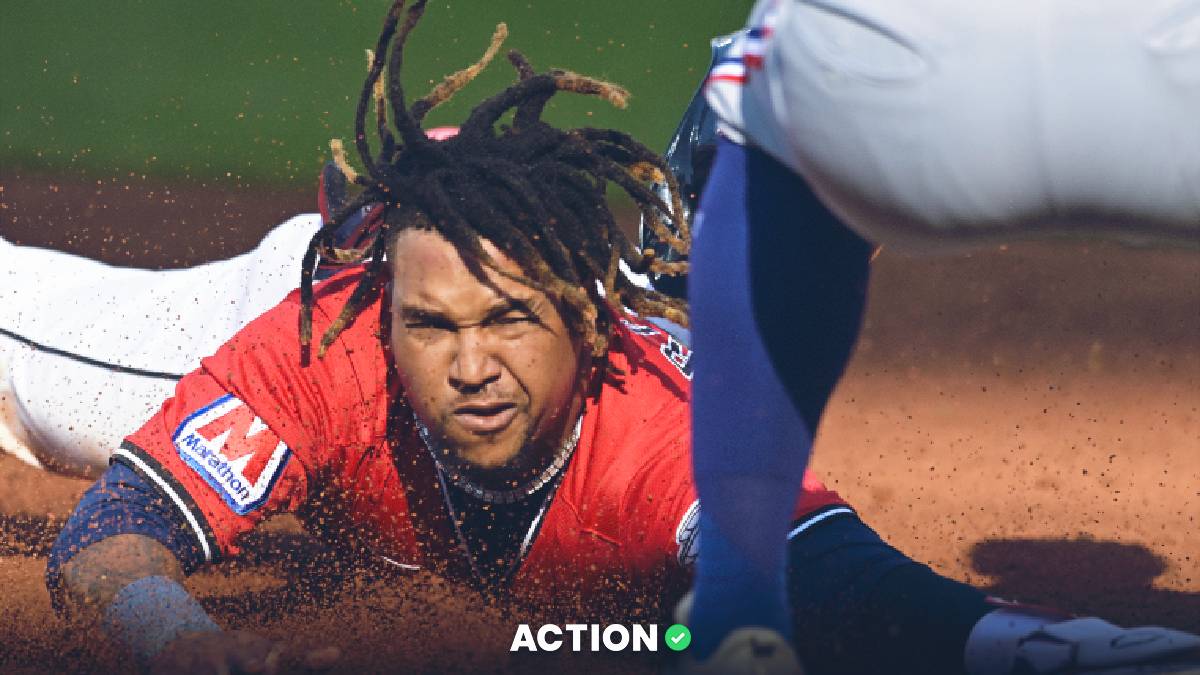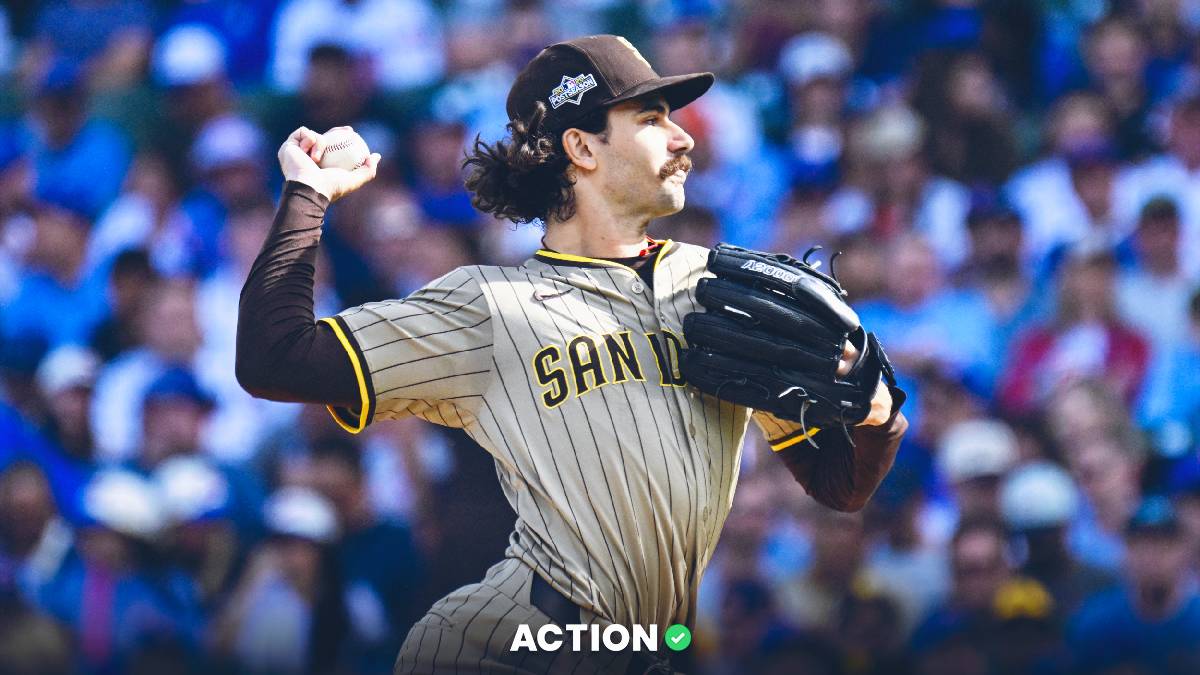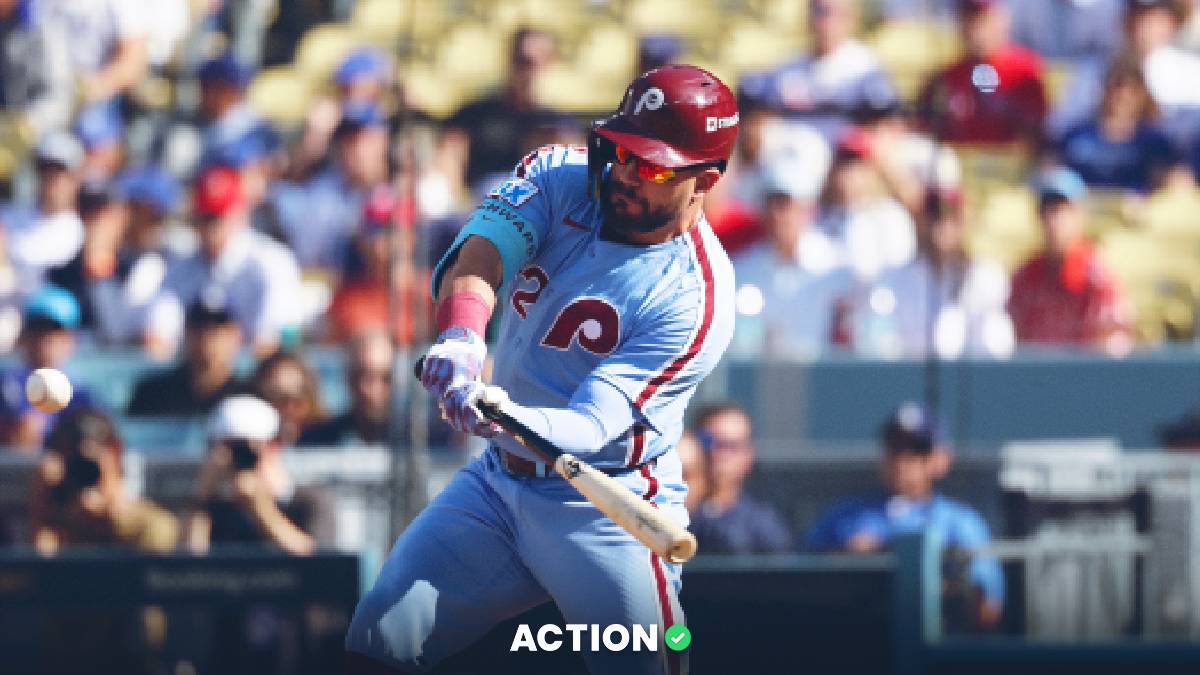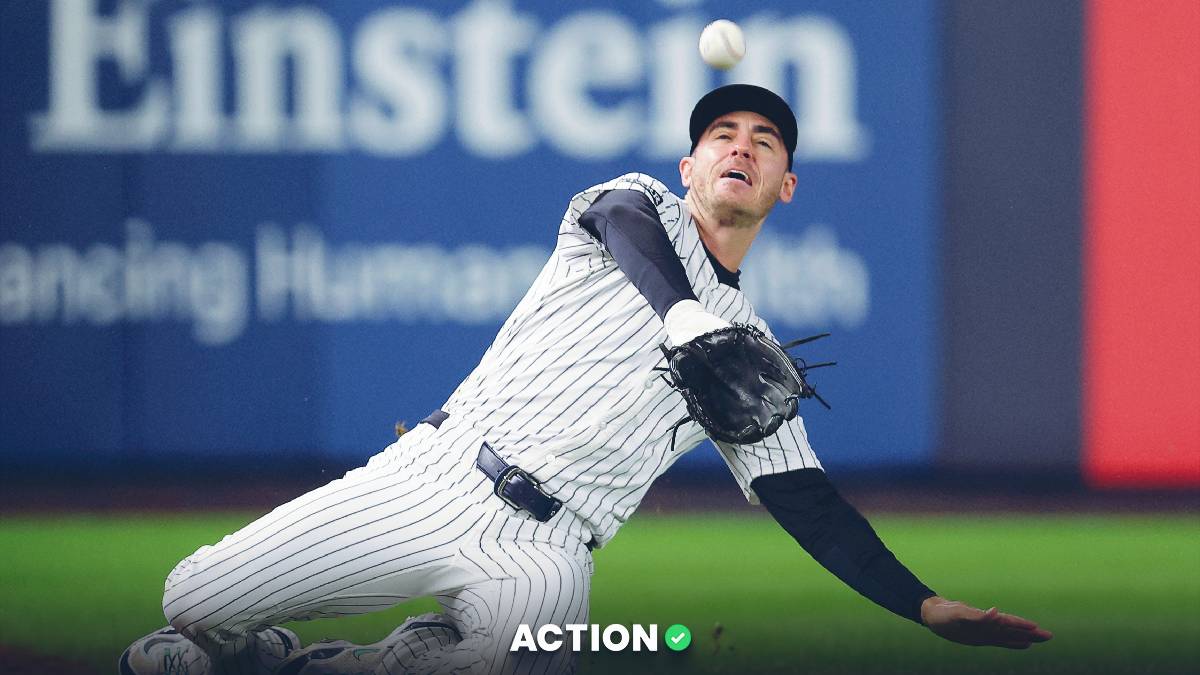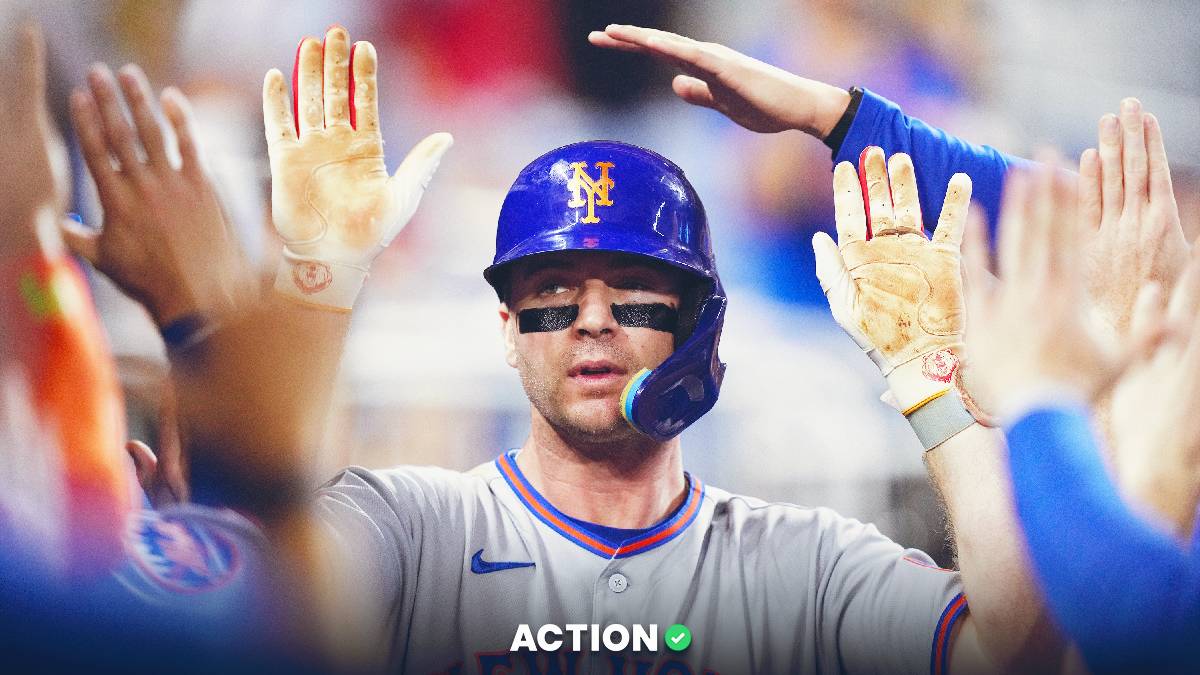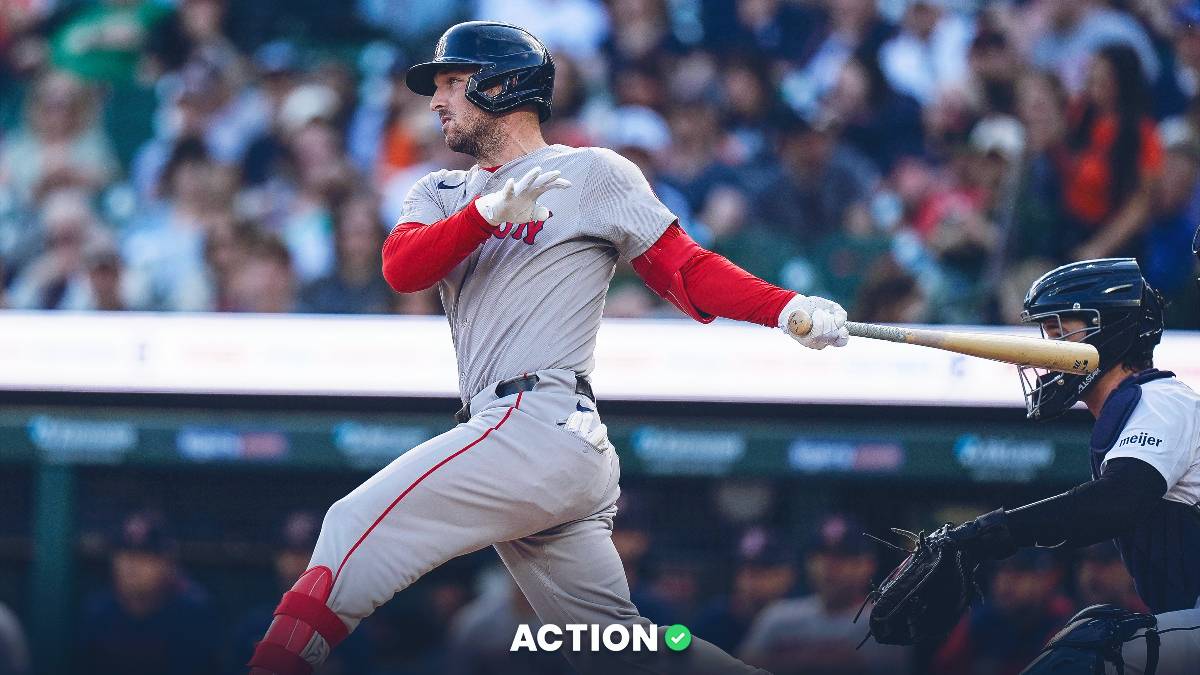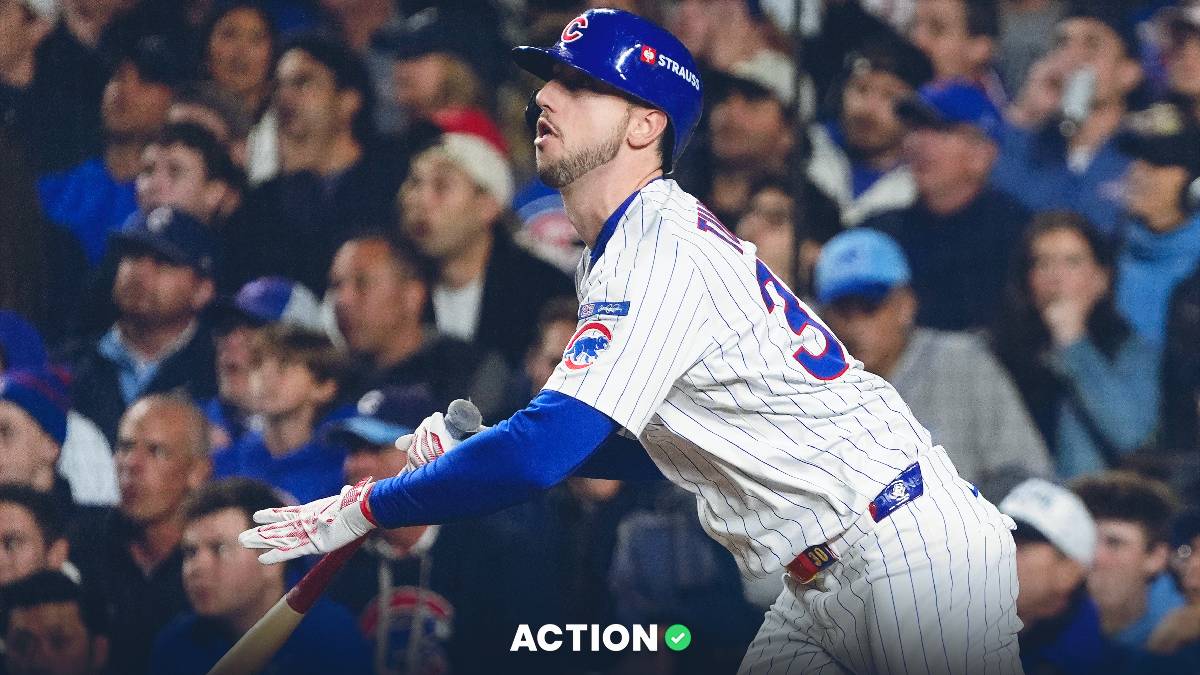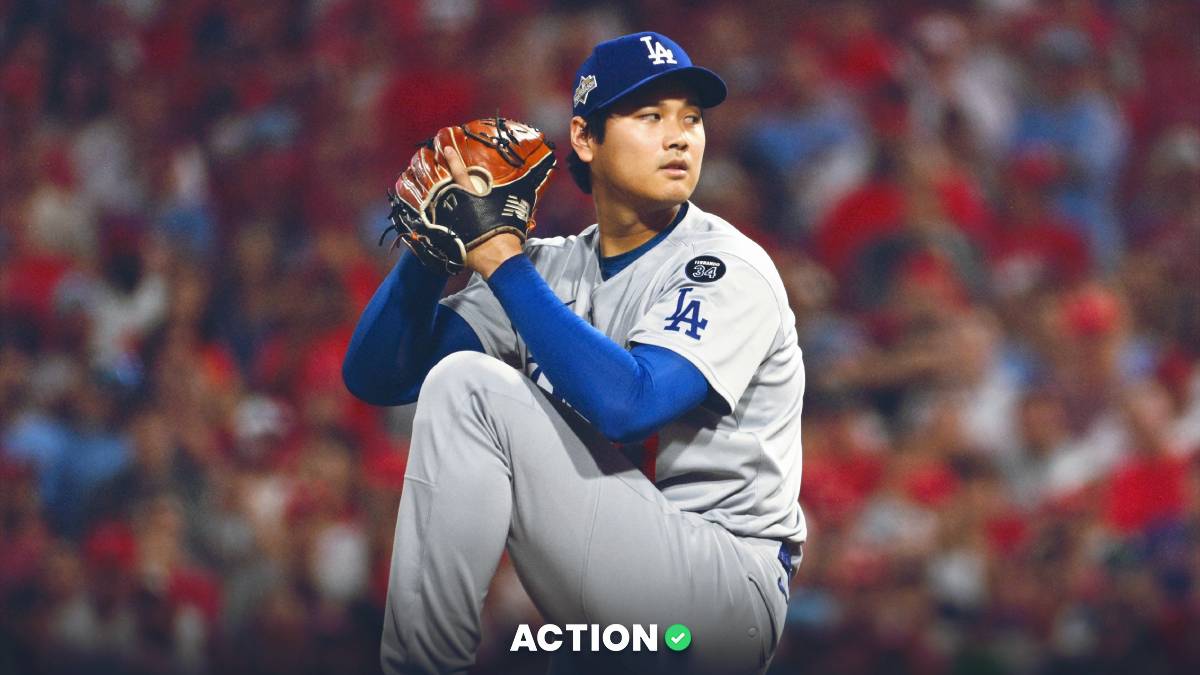Editor's Note: Last week, news broke that MLB superstar Shohei Ohtani's interpreter, Ippei Mizuhara, has been implicated in an illegal betting scheme that raised questions about Ohtani's knowledge and involvement. This is, of course, not the first time Major League Baseball has been embroiled in an illegal betting controversy.
The most famous example centers around Pete Rose, who in 1989 was ruled permanently ineligible for gambling on baseball games while he played for and managed the Cincinnati Reds. On Tuesday, author Keith O'Brien's new book, Charlie Hustle: The Rise and Fall of Pete Rose, and the Last Glory Days of Baseball, was released to the public. It provides new details on MLB's knowledge of Rose's gambling troubles dating back more than a decade before his suspension.
The following is an excerpt from O'Brien's book, which can be purchased here.
In the spring of 1978—more than a decade before Pete Rose’s gambling problems would make national headlines, ignite one of baseball’s greatest scandals, and lead to Rose’s permanent banishment from the game—a Major League Baseball official paid Rose a visit in Cincinnati to discuss troubling rumors. He wanted to talk to Rose about his gambling.
Rose, at the time, was at the peak of his fame and power. The longtime Cincinnati Red had been named to 10 of the past 12 All-Star teams; had won back-to-back World Series titles just two years earlier; had become one of the most coveted corporate spokesmen in the country; and had compiled a mountain of stats that made him not just a baseball hero, but an American icon. In May 1978, Rose was going to record his 3,000th hit, becoming just the 13th man to ever reach that milestone. His future enshrinement in baseball’s Hall of Fame seemed ensured and he was about to sign one of the most lucrative contracts in baseball. That offseason, Pete Rose would agree to a four-year, $3.2-million deal with the Philadelphia Phillies.
But off the field, away from the spotlight, Rose had been unraveling for years, making poor decisions as a man, especially about gambling. Since at least the early 1970s, he had been betting on sports with a bookie on the West Side of Cincinnati named Alphonse Esselman, a handsome man with a fondness for fine suits and a long history of criminal behavior. By the 1975 World Series, Rose’s teammate, Johnny Bench, was concerned enough about Rose’s off-field relationships that he approached NBC broadcaster Curt Gowdy and asked Gowdy for an intervention of sorts. According to Gowdy’s memory of the conversation later, Bench was worried that Rose was hanging out with “bad guys.” And Bench wasn’t the only one in baseball who was concerned about Rose. Around this time, Cincinnati Reds president Dick Wagner told a member of the Reds broadcast team to stop hanging out with Pete Rose and, according to multiple sources, Major League Baseball began to take an interest in Rose’s gambling.
In 1977, a former New York City cop, now working as a private investigator in Florida, said baseball officials under commissioner Bowie Kuhn hired him to monitor Rose and his mistress, a woman named Terry Rubio. Baseball was worried, the private investigator said, because Rubio's father was a bookie in Tampa and Rose seemed to make a lot of calls to Rubio's house. Rubio began to feel like she was being followed and she received a tip from a friend in local law enforcement that she was right about that. She was being followed, the friend confirmed. Then, before a game, sometime in the spring of 1978, Dave Collins, one of the newest and youngest Reds, noticed that Rose was missing at the batting cage at Riverfront Stadium in Cincinnati.
Collins found the absence to be odd. Rose loved hitting, even at practice. He’d swing all day, swing until everyone else had left, swing until his hands bled. Rose should have been there in the cage, he was always in the cage, and he wasn’t, and Collins finally asked the question: “Where is he?”
One of his teammates nodded in the direction of Wagner’s office above home plate. The story around the cage was that Wagner, along with an official from the commissioner's office, and possibly someone from the FBI, had called a meeting to discuss gambling with Rose. If it was true, the baseball official and the FBI agent may have been one in the same. In the 1970s, the head of security for Major League Baseball was Henry Fitzgibbon, a former FBI agent who loved the Reds and had long worried about Rose.
Once, Rose even drove Fitzgibbon out to the West Side to have a chat with his old bookie, Alphonse Esselman. Rose wanted to prove to Fitzgibbon that he wasn’t in debt and he wasn’t in trouble. Fitzgibbon was apparently satisfied with the evidence he found that day, and whatever happened in Wagner’s office before that game in 1978, it didn’t change anything. “Pete played that night,” Collins recalled decades later. “Everything went on as normal. I never heard anything about it again.”
Neither did the public. It would be eleven more years before fans learned the truth about Rose: that he liked to bet on sports, that he bet a lot, that sometimes by the mid-1980s he gambled as much as $30,000 a day, that he had a problem, that he was addicted, and that in the throes of this addiction, Rose was going to make a choice that would destroy him. He was going to bet on baseball—and his own team, the Cincinnati Reds—in direct violation of Major League Baseball rules. All of that would come later, in 1989. And when these details emerged, one man went in search of any internal reports related to a previous MLB investigation into Rose’s gambling. Deputy commissioner Fay Vincent wanted to know what baseball knew and when.
“I believe that Bowie Kuhn had looked into Rose,” Vincent said, “and there was a file.”
But Vincent couldn’t find it anywhere inside the offices of Major League Baseball. If it had ever existed, it was gone now.
“The file disappeared,” Vincent said.
It was like Dave Collins had said: everything went on as normal. Rose kept gambling and kept hitting, too. In the spring and summer of 1978, amid all the questions about his off-field activities, Pete Rose put together the best hitting streak of his career. He had hits every day, hits every night, 44 consecutive games with a hit, one of the longest hitting streaks of all time. He was swinging and swinging, and he was convinced that it would never end.
“I might go on forever,” Rose said.
Keith O’Brien is the author of Charlie Hustle: The Rise and Fall of Pete Rose, and the Last Glory Days of Baseball. His work has appeared in the New York Times, The Atlantic, The Washington Post, and on National Public Radio, and he is the author of three previous books.


